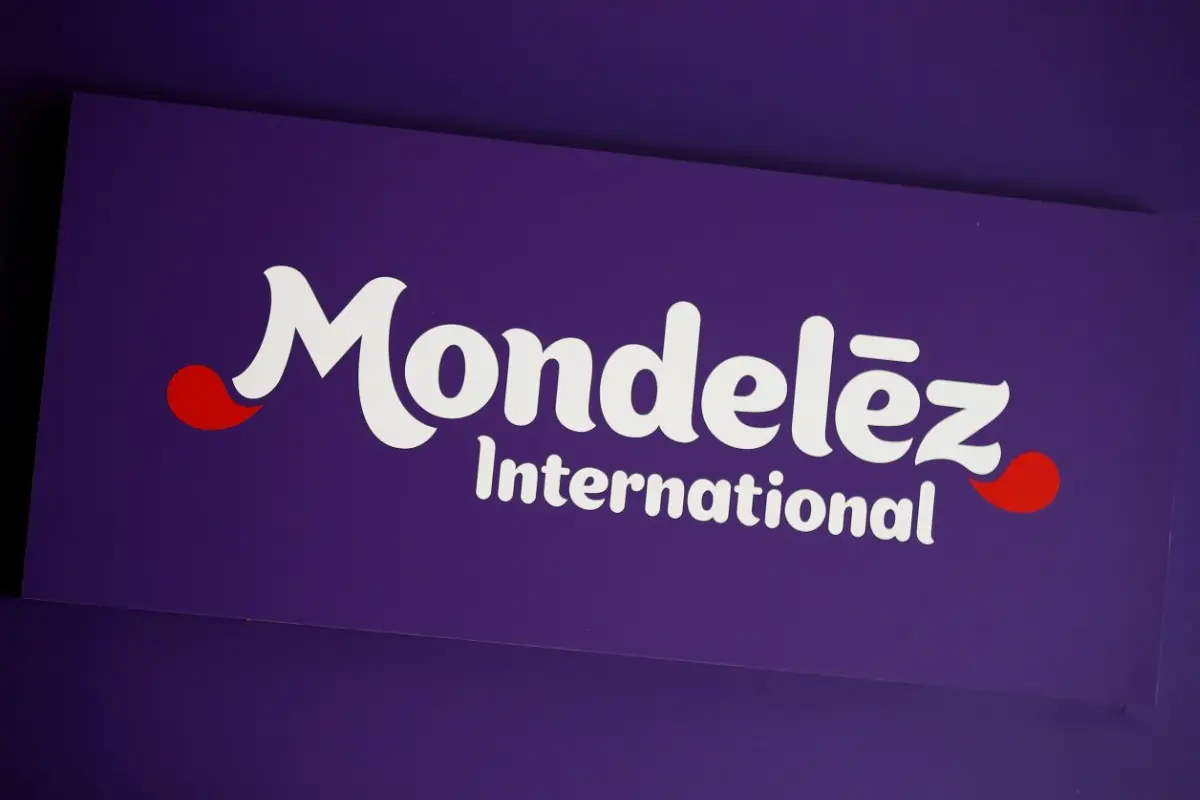
EU antitrust, bitter chocolate for Mondelez
Fine of 337.5 million Euro "for obstructing trade in chocolate, biscuits and coffee products between Member States"

The European Commission fined Mondelēz International 337.5 million Euro for cross-border trade restrictions. This was communicated by the Commission itself in an official note stating that the fine was imposed "for obstructing cross-border trade in chocolate, biscuit and coffee products between Member States, in breach of Eu competition rules".
"The Commission -continues the note- remains committed to breaking down unjustified barriers to ensure a better functioning of the single market. Territorial supply constraints by suppliers are a type of non-regulatory obstacle to the proper functioning of the single market".
Mondelēz, based in the United States, is one of the world’s largest producers of chocolate and biscuits. Its portfolio includes well-known chocolate and biscuit brands such as Côte d'Or, Milka, Oreo, Ritz, Toblerone and TUC and until 2015 coffee brands such as HAG, Jacobs and Velours Noir. The Commission’s investigation found that Mondelēz "infringed Eu competition rules" in two ways:
- implementing anti-competitive agreements or concerted practices to limit cross-border trade in various chocolate, biscuit and coffee products;
- abuse of its dominant position in certain national markets for the sale of chocolate bars.
In particular, the footnote adds, "the Commission found that Mondelēz has implemented 22 anti-competitive agreements or concerted practices, in breach of Article 101 of the Treaty on the Functioning of the European Union ("TFEU"), "limiting the territories or customers to which seven wholesale customers (traders/brokers) could resell Mondelēz products". An agreement, the official note still says, "also included a provision ordering Mondelēz’s customer to charge higher export prices than domestic sales". These "agreements and concerted practices", the Commission stresses, took place between 2012 and 2019 and affected all EU markets.
Another of the 22 anti-competitive concerted practices has been implemented by preventing "ten exclusive distributors active in some Member States from responding to sales requests from customers located in other Member States without Mondelēz’s prior authorisation". These agreements and practices took place between 2006 and 2020 and covered all EU markets.
The Commission also found that, between 2015 and 2019, Mondelēz abused its dominant position, in breach of Article 102 TFEU:
- refusing to provide an intermediary in Germany to prevent the resale of chocolate bars in the territories of Austria, Belgium, Bulgaria and Romania, where prices were higher;
- by ceasing to supply chocolate bars in the Netherlands to prevent their import into Belgium, where Mondelēz sold these products at higher prices.
The Commission concluded that "Mondelēz’s illegal practices prevented retailers from freely sourcing products in Member States with lower prices and artificially partitioning the internal market". Mondelēz’s goal, the Commission adds, "was to prevent cross-border trade from leading to lower prices in countries with higher prices. These illegal practices have allowed Mondelēz to continue charging more for its products, to the detriment of EU consumers".
"Food prices vary from one Member State to another, explains Margrethe Vestager, executive vice president responsible for competition policy-. Cross-border trade in the internal market can reduce prices and increase the availability of products to consumers. This is especially important in times of high inflation. In today’s decision, we believe that Mondelēz has illegally restricted cross-border sales in the EU. Mondelez has done this to keep higher prices for its products at the expense of consumers. We then fined Mondelēz 337.5 million Euro".
The fine was established on the basis of the Commission’s 2006 Guidelines on fines. In fixing the level of the fine, "the Commission took into account the gravity and duration of the infringements and the value of Mondelēz’s sales relating to the infringements". In addition, the note adds, "the Commission has taken into account the fact that Mondelēz cooperated with the Commission in the framework of the cooperation procedure and has expressly acknowledged its responsibility for the infringement of Eu competition rules. Therefore, the Commission granted a 15% reduction of the fine to Mondelēz. On the basis of this methodology, the Commission imposed a fine of 337.5 million Euro on Mondelēz".
EFA News - European Food Agency